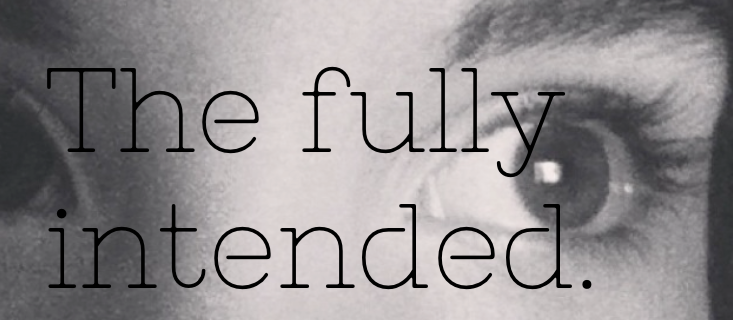I find the idea of 'studying' poetry in school somewhat objectionable. Teaching a class of students to analyse and interpret poetry is no bad thing, poetry is wonderful if you can take it to be your own, but making them take an exam in a formulaic essay structure about the poetry is what I find hard to understand. The other day we were, rather ironically, asked to analyse this poem;
Introduction to Poetry
I ask them to take a poem
and hold it up to the light
like a color slide
or press an ear against its hive
I say drop a mouse into a poem
and watch him probe his way out,
or walk inside the poem's room
and feel the walls for a light switch.
I want them to waterski
across the surface of a poem
waving at the author's name on the shore.
But all they want to do
is tie the poem to a chair with rope
and torture a confession out of it.
They begin beating it with a hose
to find out what it really means.
(by Billy Collins)
We were asked to force a few paragraphs onto the page in the "Point Quotation Analysis" structure that's been drilled into our heads since year 7. It was hard because being told to find the reason behind the poem's structure and language technique is sometimes impossible when it's highly likely the poet himself used enjambement that doesn't actually mean anything. It's just there, being part of the poem. The fact was there was a room full of pupils desperately trying to pull meaningless 'meaning' from the poem whilst totally missing the point of it.
Although it was to no fault of their own, from day one we are taught to take a poem apart, shake it up and down and scrape random bits out ''to find out what it really means''. You can not just read a poem a few times, enjoy the simple pleasure of one's own interpretation, perhaps remember it off by heart and move on. There must be at least a paragraph's worth as to that caesura's purpose or that two line stanza as a chorus. And if you don't write that down properly the examiner won't give you marks because you don't 'understand' the poem.
Instead you can try and kill it. Take its purpose as a poem away and write in standard, boring old prose about how it 'demonstrates', 'conveys', 'presents', and 'develops' its primary and definite theme. Then, once the exam is over, you can choose to never look back at poetry again as it's left a bad taste in your mouth as the difficult jumble of words that carries a meaning you must always discover.

No comments:
Post a Comment